Sleep is essential to our health, but most of us do not place that much importance on it. Everyone seems to have an opinion on how much sleep one neeeds.
It is true that we differ in the number of hours of sleep we need and if we don't get it, we can drift off or be awake in the late-night hours. Certainly, learning a little more about sleep might help you understand the various aspects involved.
So let us explore some of the most common myths about sleep in the hope that the answers might lead you to a good night's rest.
1. Everyone needs 8 hours of sleep
Although the 8 hours have always been the gold standard, there's nothing special about that exact number, it is just an average. Everyone needs different amount of sleep. So listen to your body and if you feel like you need more, just go for it.
Illustrations: Uttam Ghosh
2. One can train to get less sleep
Many people think that they can train themselves to sleep only 4 to 5 hours per day (like Napoleon and Thomas Edison) and thus have far more time for other activities.
Unless you have a rare genetic mutation that enable some people to function okay on 20 to 25 percent less sleep than average (fewer than one percent of people), too little sleep is bad for your health and your image as it can make you ineffective, sick, and overweight. It impairs performance, judgment, and the ability to pay attention.
It also weakens your immune system. So although it is achievable, it is not advisable.
3. Naps are bad
Photographs: Claro Cortes IV/Reuters
That is so not true. Naps can be a great way to catch up on lost sleep. After taking naps, people function better and do certain cognitive tasks quicker.
But limit your naps to no longer than 30 to 40 minutes (for most people a 20 minute power nap is optimal) or you might enter deep sleep. You would then feel drowsy, groggy and generally worse off after waking up.
Also, avoid taking a nap after 4 pm as it might degrade your night sleep or reduce your sleep quality.
4. Losing a little sleep is no big deal
Missing even 90 minutes of sleep is enough to reduce your ability to do certain cognitive and physical tasks. It impairs your thinking ability, your memory, and your safety on the job and on the road.
If you consistently do not get enough sleep, eventually a sleep debt builds up that will make you excessively tired during the day and may result in headaches, increased blood pressure, increased risk of diabetes, obesity, and memory lapses or loss.
If you miss few hours of sleep one night and find yourself nodding off at your desk, try taking a brisk walk as exercise helps you to become more alert. Also, plan to take a nap during your lunch hour.
5. You can cover up lost sleep on weekends
Many people sleep for longer duration on Saturday and Sunday, hoping to compensate for sleep lost during the week.
While sleeping late helps you catch up on some of your sleep debt, it alters your sleep schedule. By sleeping until afternoon on Sunday, you won't be able to go to sleep at the right time that night. But as you need to get up early the following day, you end up getting less sleep.
This pattern sets up a no-sleep cycle for the week to come and will impair your performance during the week because of not sleeping enough.
This may also result in health problems such as obesity and high blood pressure, negative mood and behaviour, decreased productivity, and safety issues in the home, on the job, and on the road.
6. More sleep means more awake time
It doesn't only matter that you sleep 8 hours, it also matters that you sleep soundly and deeply.
Sleeping more will not alleviate the daytime sleepiness disorders. Moreover, over sleeping can zap most of your energy. You don't need more sleep, you need quality sleep.
If you find yourself sleeping a lot -- more than nine hours on a regular basis -- talk to your doctor. Long sleepers may suffer from problems such as sleep apnea, depression, narcolepsy, or uncontrolled diabetes.
7. Alcohol for sleep
This is false. Although you may initially feel drowsy after drinking alcohol and find that you fall asleep more easily, alcohol can actually disrupt your sleep architecture and cause your sleep to be less restorative.
While drinking might help you fall asleep faster, you will actually wake up more often during the night and experience a more restless sleep.
8. Sleep is just rest
Photographs: Pedro Simoes/Wikimedia Commons
Sleep is more than simply a period of rest; it is an essential time for your body to perform routine maintenance and repair damage from your day. When you sleep, secretion of certain hormones is boosted and activity of the pathways in the brain needed for learning and memory is heightened.
It is understandable that everyone may occasionally have a night or two of insufficient sleep, but it certainly should not become a regular habit.
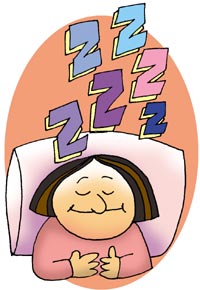



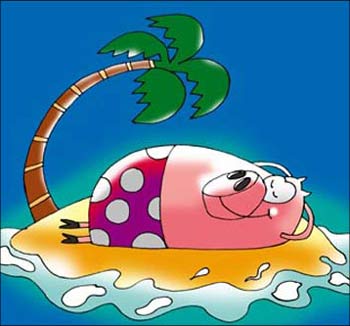
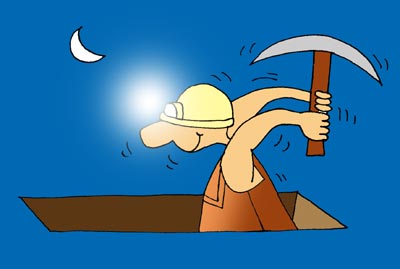
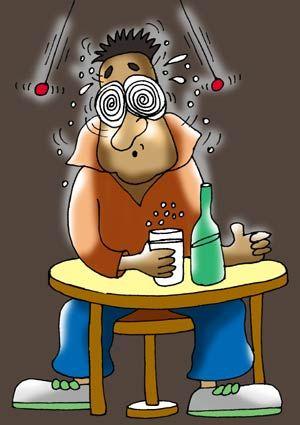
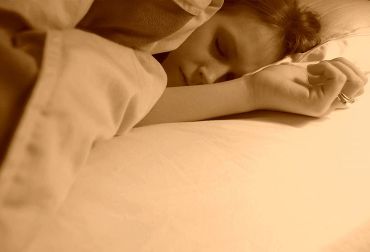

Comment
article